US controlling all oil fields, plundering crude in northeast Syria: Ambassador
The Syrian ambassador to Russia, Riyad Haddad, says the United States controls all oil fields in the northeastern part of his country, as Washington and some of its regional allies are vying with each other to seize oil reserves and plunder natural resources in the war-battered country.
“Americans today are currently present in the northeastern part of the country, controlling all oil fields there and stealing our crude resources. If we manage to liberate the region from the American occupation, we will then revive our economy,” the Arabic service of Russia's Sputnik news agency quoted him as saying in an exclusive interview with Russia's state-owned Rossiya 24 television news network on Thursday.
In late October last year, Washington reversed an earlier decision to pull out all of its troops from northeastern Syria, announcing the deployment of about 500 soldiers to the oil fields controlled by Kurdish forces in the Arab country.
The US claimed that the move was aimed at protecting the fields and facilities from possible attacks by the Daesh Takfiri terrorist group. That claim came although US President Donald Trump had earlier suggested that Washington sought economic interests in controlling the oilfields.
Pentagon chief Mark Esper also threatened that the US forces deployed to the oil fields would use “military force” against any party that might seek to challenge control of the sites, even if it were Syrian government forces or their Russian allies.
Syria, which has not authorized American military presence in its territory, has said the US is “plundering” the country’s oil.
On December 18, 2019, China’s special envoy for Syria said the United States’ pretext for extending its military presence in the Arab country, namely to protect Syrian oil fields, was untenable.
“Who has given the Americans the right to do this? And, at whose invitation is the US protecting Syria’s oil fields?” Xie Xiaoyan said at a press conference in Moscow.
“Let’s think the other way around: Will the US allow Syria to send troops to US territory to protect oil fields there?” he said.
‘Erdogan using refugee crisis as leverage against Europe’
Elsewhere in his remarks, Haddad stated that Turkish President Recep Tayyip Erdogan is using the new refugee crisis in order to “blatantly blackmail” European states.
“Countries can't use refugee issue as leverage to pressure other states, as Turkey does in regards to the European Union. Turks will always be pressuring [Syria] and Europe using refugees,” the Syrian diplomat pointed out.
Haddad noted that the Damascus government is actively working towards bringing Syrian citizens back home, noting that “Syria is returning to peaceful life.”
In order to motivate people to repatriate, Damascus is working on several issues at the same time: fighting terrorism and illegal foreign interventions, maintaining political dialogue within the country and restoring the country's economy, the Syrian ambassador to Russia highlighted.
Tens of thousands of refugees have been trying to cross into Europe via Turkey since Ankara late last month decided to loosen controls on refugees seeking to reach Europe through its territory, violating a 2016 deal with the EU. That has caused tensions on Turkey’s border with Greece, where Greek forces have been clashing with the refugees to block them.
Greece has tear-gassed the refugees and is accused of beating and stripping them of their belongings if they make it across the border. Athens has denied those accusations.
Greece and the EU have, in turn, accused Ankara of deliberately encouraging the refugees to cross the border as a way of pressuring European leaders into offering more financial assistance or backing Turkey’s campaign in Syria.
Earlier, Erdogan made an unsuccessful trip to Brussels to resolve the tensions with the EU over Turkey’s decision regarding its border controls.
In March 2016, Turkey and the EU sealed a deal intended to stem the flow of refugees from Syria and other troubled countries to Europe in return for financial and political rewards for Ankara, including visa liberalization. Ankara, however, failed to meet the 72 conditions demanded by the EU for the visa exemption to be approved.
Ankara says the deal needs updating now.
US vetoing of Gaza ceasefire resolution ‘disgraceful’: Iran’s UN envoy
VIDEO | IAEA adopts anti-Iran resolution tabled by E3
VIDEO | Iran's president urges Pope to help end Israel's onslaught in Gaza
Iran's senior legal official: ICC arrest warrant for Netanyahu ‘great victory'
Nov. 21: ‘Axis of Resistance’ operations against Israeli occupation
VIDEO | Israeli forces storm West Bank’s Jenin again, target civilians
Iran activates advanced centrifuges after IAEA's 'unjust' resolution
VIDEO | Press TV's news headlines


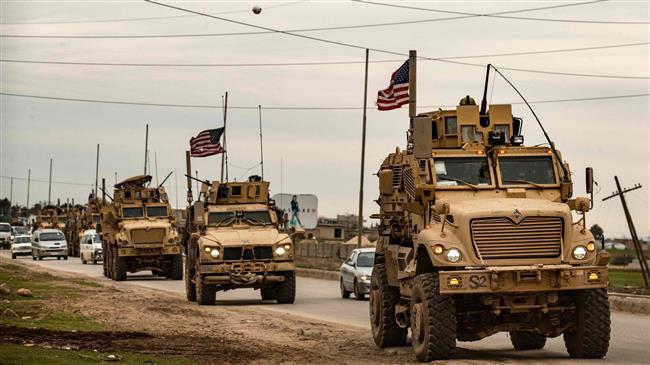






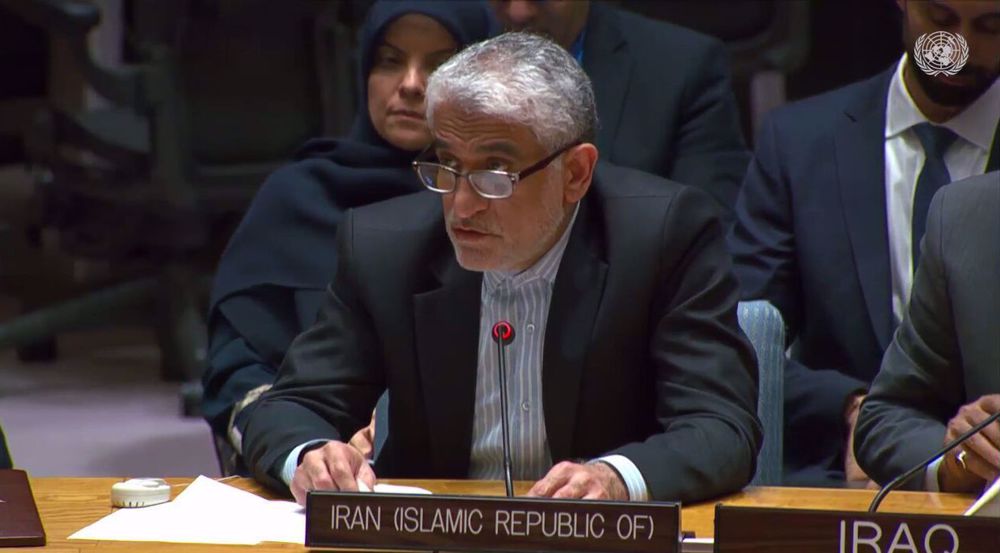
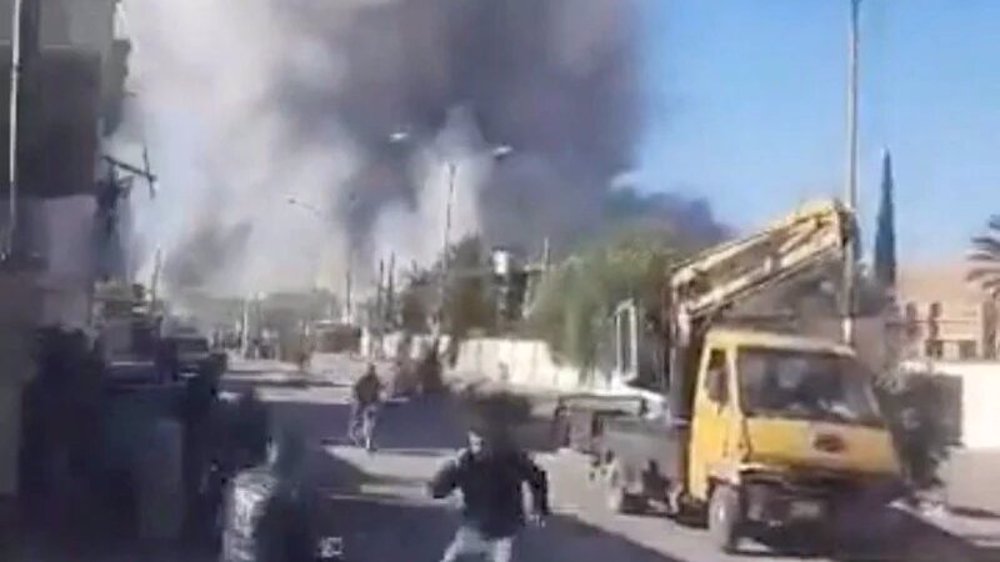
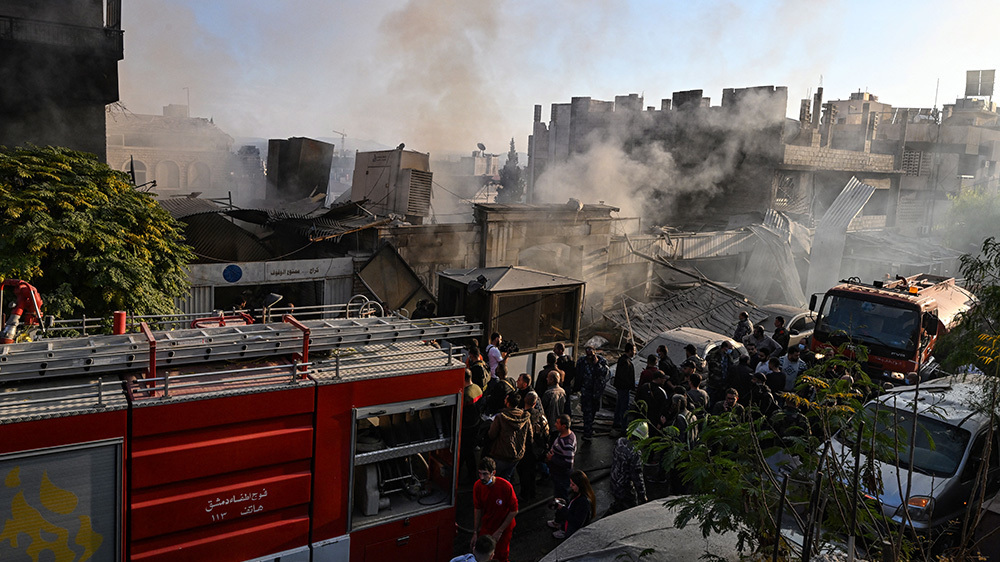



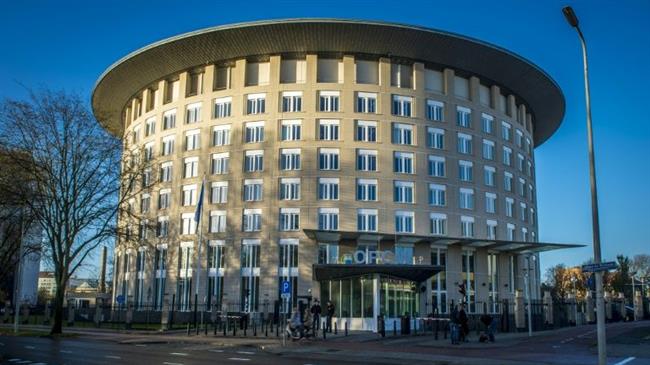
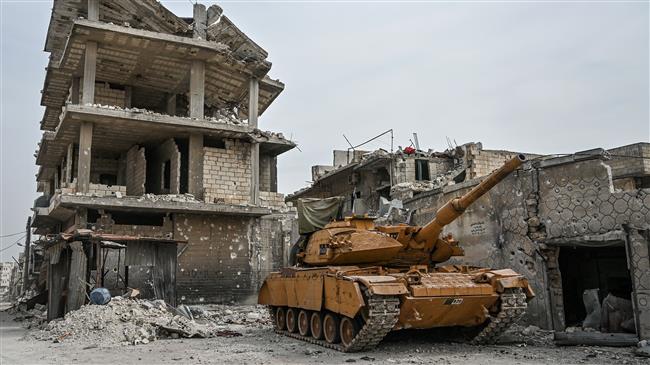


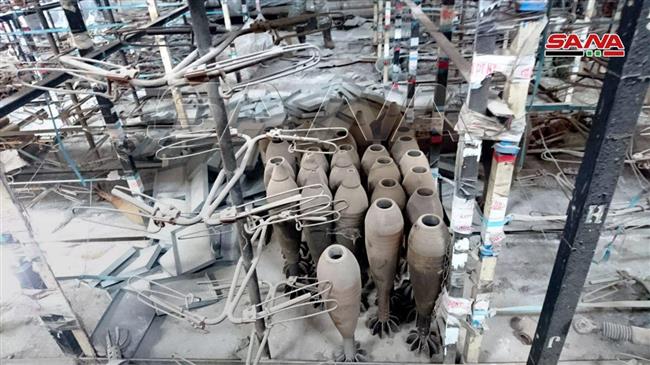



 This makes it easy to access the Press TV website
This makes it easy to access the Press TV website